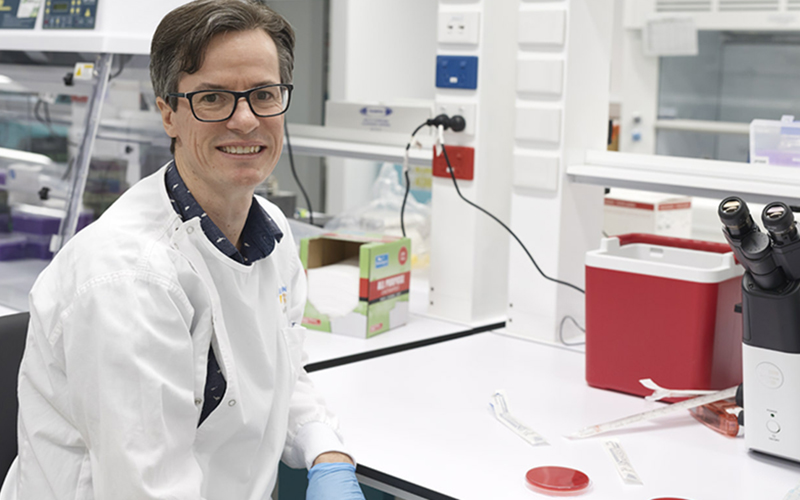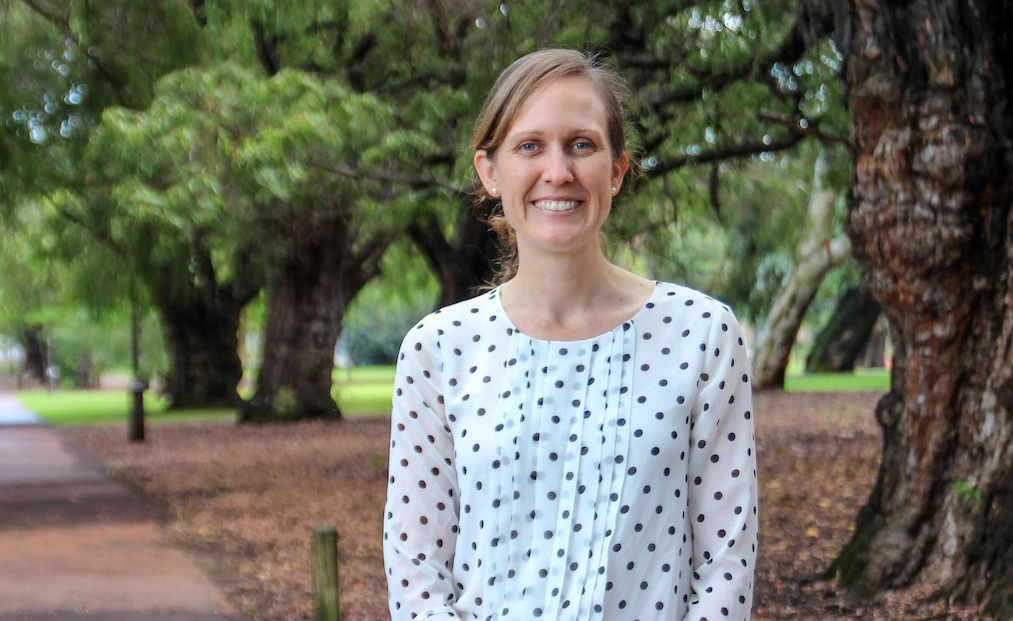Search

News & Events
WA Health funding supports development of rapid test for antibiotic-resistant skin infections in Aboriginal childrenA rapid test to detect antibiotic-resistant skin infections in Aboriginal children could be a step closer, thanks to support from the FHRIF.

News & Events
World-first trial to seek child-specific treatments for dangerous bloodstream infectionsThe Kids Research Institute Australia, Perth Children’s Hospital (PCH) and the Peter Doherty Institute for Infection and Immunity (Doherty Institute) will spearhead the paediatric arm of a world-first global platform trial designed to uncover treatments for Staphylococcus aureus bloodstream infection.

News & Events
40under40 honour for suicide prevention researcherCongratulations Dr Nicole Hill, who has been honoured at this year’s prestigious 40under40 Awards for her outstanding contributions to suicide prevention research in Australia.

News & Events
Funding boost to help turn research into practical changeResearch projects sharing in a $2.1 million funding boost will seek to translate research findings into changes that benefit patients and help the health system run more efficiently.

News & Events
Researchers discover two treatments that induce peanut allergy remission in childrenAn Australian research team – led by Murdoch Children’s Research Institute and including researchers from The Kids Research Institute Australia, Perth Children’s Hospital and The University of Western Australia – has discovered two peanut allergy treatments for children that are both highly effective at induc

News & Events
HEAL network to tackle health impacts of climate changeTeams from The Kids Research Institute Australia and The University of Western Australia will lead the WA arm of a transformational national research network grounded in Aboriginal and Torres Strait Islander knowledge

News & Events
Aboriginal health research leader first recruit in national strategic partnershipDr Alex Brown to take up a new appointment as Professor of Indigenous Genomics.

News & Events
WA health experts say junk food and sugary drink sponsorships have no place in sportWA’s peak public health and medical experts have united in their call to end the sponsorship of sport by junk food companies.

News & Events
The Kids Research Institute Australia researcher wins Forrest Prospect Fellowship to examine youth suicide clustersA youth mental health researcher aiming to map suicide hotspots and avert further suicides in WA has been awarded a prestigious fellowship from the Forrest Research Foundation.

News & Events
The Kids data expert joins life-changing Raine StudyCongratulations to Associate Professor Rebecca Glauert, Head of the Developmental Pathways and Social Policy Team at The Kids Research Institute Australia and an internationally recognised expert in data linkage.
